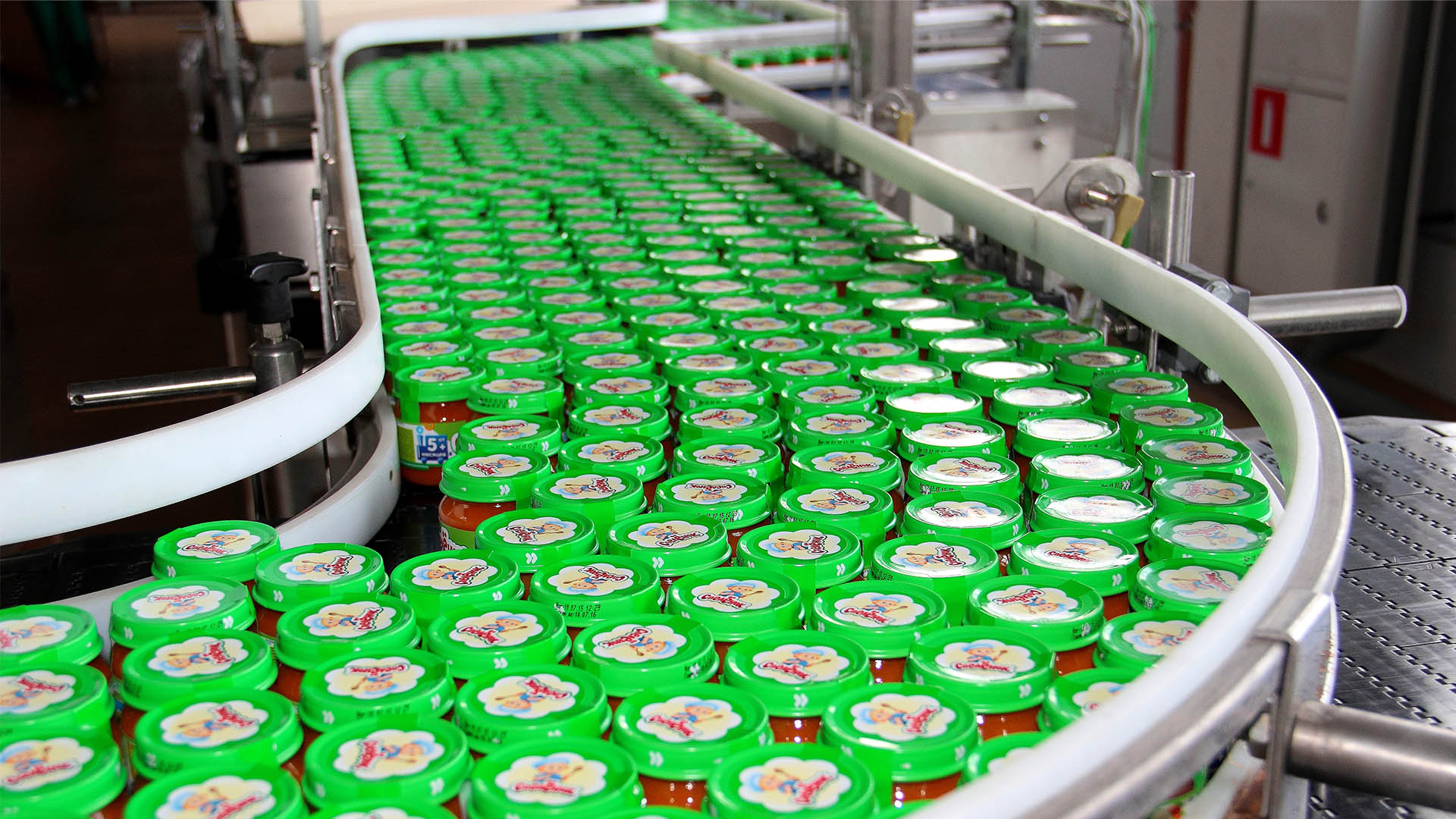Baby food and baby food production plant have been available in Russia for some time, with Russian mothers well disposed towards ready-made baby food that fits in with the pattern of their working days.
Working days tend to be long, meaning that there is little time to prepare home-made baby foods. In both the cereals and baby meals sectors, consumption has centered on traditional Russian products, namely kashas (porridges) and fruit purées. As more foreign manufacturers have become involved in these sectors, the range of products has become more sophisticated.
Despite having entered the meals market only recently, local juice producer Sady Pridonia has become a major player with a share of 15%.
Sady Pridonia branded products are mostly in glass jars, but there is also a wide range which is filled in aseptic cartons. The company’s unique advantage is their own gardens in Volgograd, Penza and Saratov regions with a total area over 7 ha. As a fruit-growing expert Sady Pridonia controls every stage of the tree growth from the moment of planting till harvesting.
From fruit processing to baby food production
The cooperation between Sady and CFT Group started in 2007 with the supply of a fruit and vegetables production line rated at 8 tons per hour.
The line capable to process several different types of fruits and vegetables natural puree took advantage of the recently developed Zenith Chrono system based on a specific focus on the product gentle treatment and as fast as possible enzyme inactivation.
Thanks to the first successful project in 2013 the two companies faced together a new challenge aimed at a premium quality baby food production plant for processing and filling the product into glass jars.
The heart of the processing solutions were the new preparation vessels called “Vulcano”, designed to properly mix and warm up the vegetables or fruit-based baby food before feeding them to an ultra-clean filler.
The filling and packaging were designed by a common team of Sady and CFT Group engineers to ensure the highest quality and the highest level of controls on the line for such a product.
In 2016 the long-lasting relationship was strengthened by a new contract based on the expansion of the fruit and vegetables processing capacity to cope with the high baby food demand, with the aim to increase the productivity of the baby food production plant.
Beside an increase on apple puree preparation, the second line was conceived to process vegetables which were not processed by the first line, such as zucchini and broccoli.
This new line based on the same Zenith Chrono technology has been also improved with an Air PROOF system to reduce the oxidation and the ascorbic acid concentration in the apple puree. Moreover, this additional line was one of the first in the world following the “rubber free” concept, avoiding the contact between the puree and rubber components which might affect the product final quality. This means a natural product and more respecting of baby food specs.
Baby food market trend
The Global Baby Food market is primarily driven by factors like a rise in the number of working parents, parental concerns about meeting their child’s nutritional benefits and increase in the spending power of the people. Over the forecast period of 2018-2026, the market is likely to see a CAGR of 5.12% (see source).
